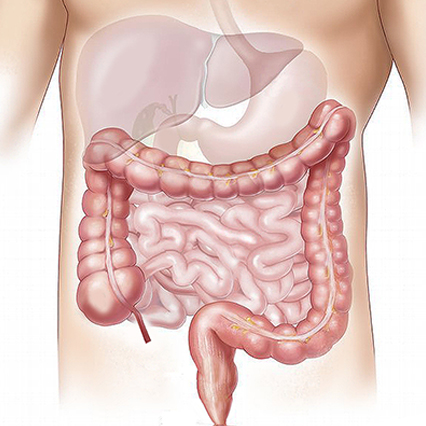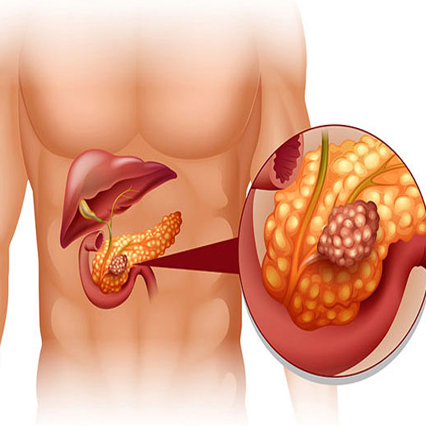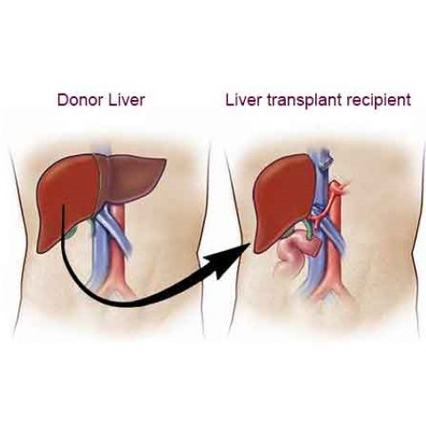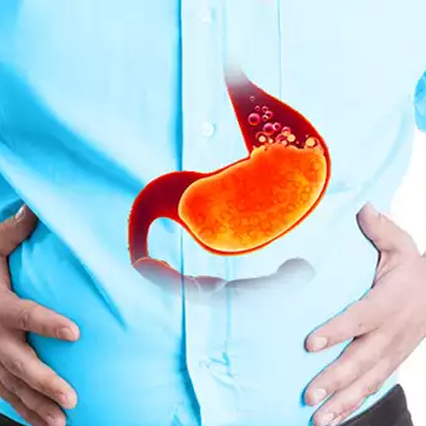Treatment Offered
Irritable bowel syndrome (IBS)
causes abdominal pain, bloating, and changes in bowel habits, such as diarrhea or constipation. Symptoms can be triggered by stress, certain foods, or hormonal changes.
- Some people with IBS may notice white mucus in their stools.
- A sensation that the bowels haven’t been completely emptied after a movement.

Fatty liver
Fatty liver, or hepatic steatosis, occurs when excess fat builds up in the liver, often due to alcohol use or metabolic conditions like obesity.
- symptoms like weakness, weight loss, and confusion.
- It may cause fatigue, abdominal discomfort, or lead to liver inflammation if untreated.
- it can lead to liver scarring, liver failure, and an increased risk of liver cancer.

Pancreatitis
A disease in which the pancreas becomes swollen and inflamed. During pancreatitis the digestive enzymes of the pancreas become activated before they are released into the intestine and begin attacking the pancreas itself.
- Acute pancreatitis causes severe upper abdominal pain, nausea, vomiting, fever, and a rapid pulse.
- Swollen and tender abdomen, Weight Loss.

Hepatitis
Hepatitis is the inflammation of the liver, often caused by viral infections, result from alcohol use, toxins, or autoimmune conditions (Hepatitis A, B, C), leading to symptoms like jaundice, fatigue, abdominal pain, and dark urine.
- If untreated, hepatitis can progress to liver damage, cirrhosis, or liver failure, and in chronic cases, it may increase the risk of liver cancer.

Liver Cancer
Liver cancer is the abnormal growth of cells in the liver, often causing symptoms like unexplained weight loss, upper abdominal pain, jaundice, and swelling.
- Risk factors include chronic hepatitis infections, cirrhosis, and excessive alcohol consumption.
- Early detection is critical for better treatment outcomes, but liver cancer is often diagnosed late due to subtle initial symptoms.

Liver transplant
Liver transplant is a surgical procedure that involves replacing a diseased or damaged liver with a healthy liver from a donor. It is typically recommended for patients with end-stage liver disease, acute liver failure, or certain liver cancers, offering the potential for a longer and healthier life.
- Patients with conditions like cirrhosis, hepatitis, or liver tumors may be candidates for transplantation.

Bloating and gas trouble
Bloating and gas trouble can result from dietary choices, food intolerances, or digestive disorders, causing discomfort and abdominal distension. Managing these symptoms often involves dietary changes, staying hydrated, regular exercise, and over-the-counter remedies. If symptoms persist, it’s important to consult a healthcare provider for further evaluation.
Learn More

















